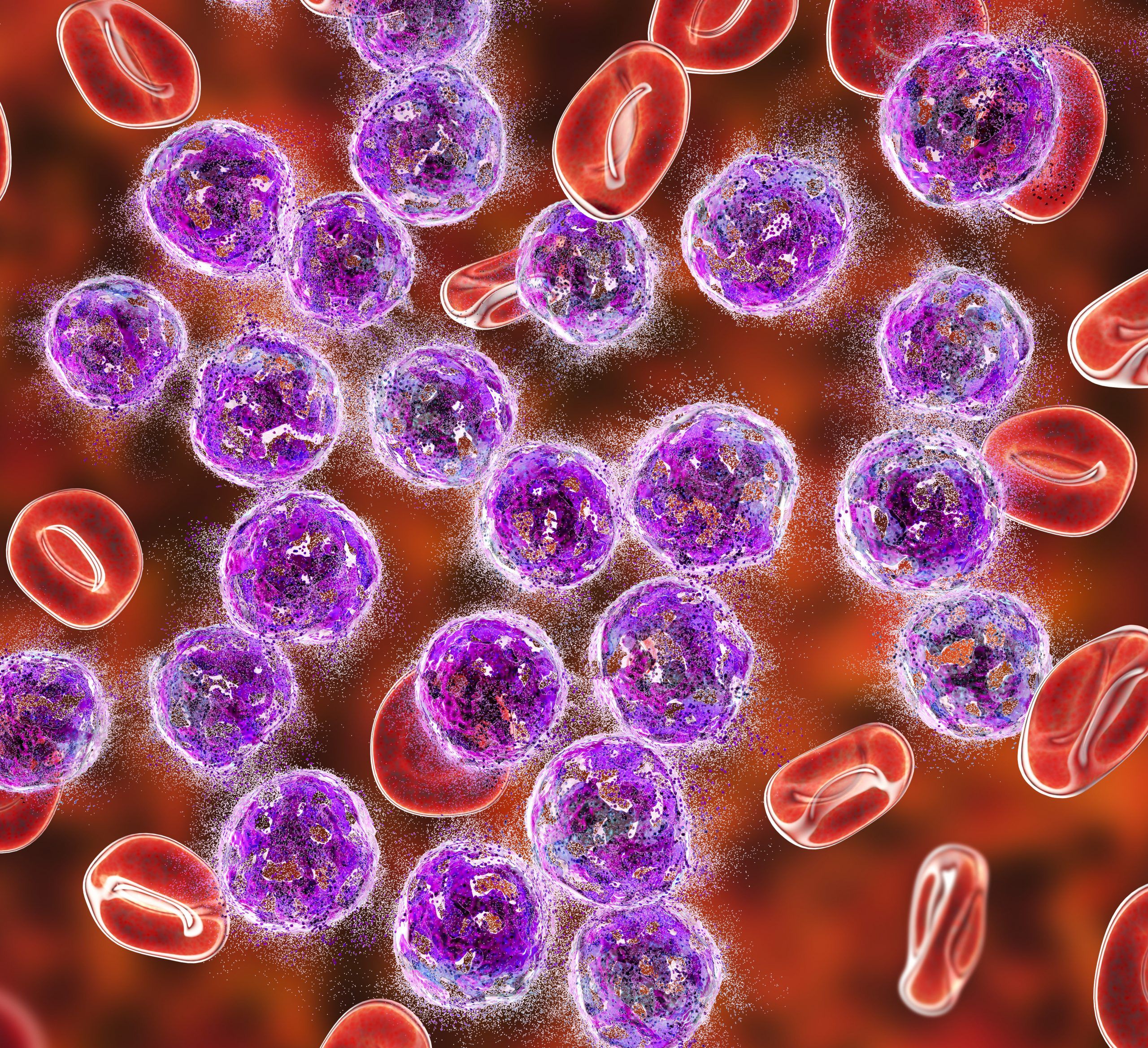Cancer and neoplasms
For Patients with MPNs, Managing Early Satiety ‘Can Be Really Tricky’
Patients with myeloproliferative neoplasms (MPNs) — blood cancers that cause the bone marrow to overproducer red or white blood cells or platelets, including polycythemia vera, essential thrombocythemia and myelofibrosis — can experience early satiety, or a sense of fullness soon after they start eating, due the disease’s impact on their body.
“Part of the reason it happens in MPNs is because of splenomegaly, (which) is when your spleen is enlarged,” explained Amanda Smith, a registered nurse at the Huntsman Cancer Institute at the University of Utah. “And that can happen for a few different reasons, but one of the jobs of the spleen is to filter the blood, so when you have an MPN and you have too many platelets or other types of blood cells, then your spleen is … just working so hard to try and filter all those cells, and it gets too big. And then there’s just not room in your abdomen.”
Learn more: Hydration and Movement Are Important for Patients With MPNs
This reduced food intake can, in turn, have an effect on patients’ quality of life and nutrition.
“If you’re not able to eat, it can be really frustrating,” Smith said. “And I think (for) anyone who’s ever had a short period of time where you’ve been unable to eat, you know how run down you can feel, and that lack of energy. You’re not getting energy from food as you normally would. And so, it can compound with other things to make you feel just really extra run down. Nutrition is important for our immune systems. And so, it can really have a spiraling effect, if we can’t get it under control.”
Learn more: Diet May Impact Symptom Burden in Myeloproliferative Neoplasms
Doris Piccinin, a registered dietitian in the department of patient and family services at Abramson Cancer Center of the University of Pennsylvania in Philadelphia, previously told CURE that 30% of patients with MPNs who are receiving active treatment experience weight loss, which can lead to loss of muscle mass — and strong muscles, as she noted, can help a patient maintain an effective immune system, tolerate treatments and stay physically active.
Smith explained why communication between patients and their care teams is important as well as what patients can eat in an effort to reduce effects of early satiety.
Transcript:
Some people can be very stable with this symptom for a long time. And as with a lot of things in medicine, the important thing to watch out for is change. You can have a symptom, and it can be stable and may or may not be something to worry about. But if you’ve had an acute change, if something gets a lot worse, it’s definitely something that we would want to know about.
Those higher calorie foods that you can get down, we would encourage that. We’re also looking at electrolytes a lot, so we’re wanting to make sure those are balanced. High-protein, high-fat types of things, but also just things that you are able to eat. So, it can be really tricky.
A big one too, is that a lot of our medications can help shrink the spleen, so medication adherence is huge. Often people feel so much better that they don’t need to be reminded, because it’s so critical to stay on the regimen that the doctor prescribes. So, that can help a lot.
This transcript has been edited for length and clarity.
For more news on cancer updates, research and education, don’t forget to subscribe to CURE®’s newsletters here.

